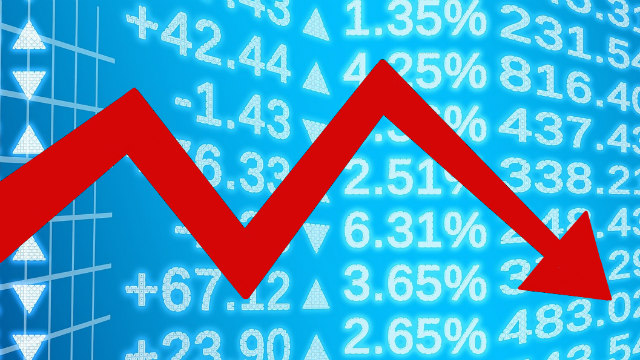The North American markets have dipped in the last few months with the Canadian market correcting about 10% and the U.S market declining by about 8% from their recent highs.
If you’re feeling rattled, view these pullbacks as excellent opportunities to review your portfolio to figure out which holdings you’re comfortable with and which you’re not so comfortable with.
Look at your portfolio as a whole
Other than investing in good businesses, you should also look at your portfolio as a whole. That is, build a diversified portfolio such that the holdings complement each other. You don’t want too many stocks that are impacted by the same factors.
For example, Vermilion’s profitability is more or less subject to commodity pricing, while Toronto-Dominion Bank (TSX:TD)(NYSE:TD) will benefit from interest rate increases in Canada and the U.S.
When your portfolio is diversified, the risks should be spread so that your portfolio may have lower volatility and will be easier to hold on to.

Focus on the companies, not the stock price action
As stock prices decline, you may question your recent stock purchases that may now be in the red. Instead of focusing on the price action, focus on the companies. Just because a stock’s price has fallen, it doesn’t automatically mean you should sell or buy more of the stock.
As stocks fall, check to see how they fare against the industry or their peers. If they fall more than their peers, chances are they recently came out with their quarterly results or there are some company-specific news or problems.
In either case, you should dig into the details and decide if they are temporary issues. If they are, consider adding to the stock at opportune times.
For example, I believe Vermilion Energy (TSX:VET)(NYSE:VET) is an attractive buy. The stock fell as much as 7.1% (and yielded as large as 8%) on Thursday after it released its Q3 results.
However, Vermilion’s share price recovered to only fall about 3.5% compared to Wednesday’s market close price, which shows how a stock’s price action can be driven by emotions in the short run.
In a market downturn, stocks that offer meaningful and safe dividend yields of, say, at least 3%, are typically more defensive than stocks that don’t pay dividends.
With a yield of close to 8%, Vermilion likely has limited downside risk. If the stock does fall much lower for whatever reason, I don’t think it’ll last long, as long as Vermilion maintains its dividend. For Toronto-Dominion Bank, its safe and growing dividend will serve as a support for the stock.
Investor takeaway
As the market declines, it’s a good idea to review your portfolio to see how well or not your stocks work together. Additionally, for the stocks with businesses that remain intact, update the target price ranges you would buy the stocks at. Dividend stocks should be more defensive as their yields help support the stock price.








